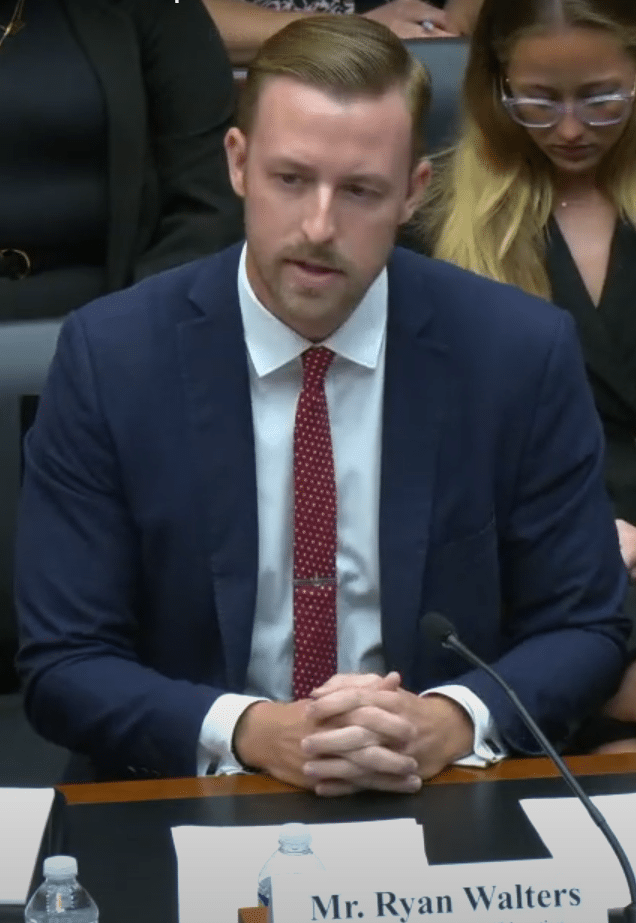In 2025, Ryan Walters, the superintendent for public instruction in Oklahoma, announced that the state would begin administering a new teachers’ assessment test created by Prager U, a nonprofit conservative media company that creates teaching materials (Bethune 2025). The test, consisting of 50 multiple choice questions all of which applicants would have to get right in order to secure an Oklahoma teaching certificate (Wu 2025), would apply to prospective teachers arriving from so-called blue states, like New York and California, whose citizens are predominately members of the Democratic Party.
Concerns generating test
Superintendent Walters expressed particular concern about teachers arriving from New York and California, which he said had sought “to warp the minds of our kids to turn them into social justice warriors, instead of kids that are getting the most of their god given talents to get a good job, to go live a fulfilling life” (Serfaty 2025). He was especially interested in weeding out teachers who did not accept “biological differences between males and females,” who did not believe in “American exceptionalism,” or who were not adequately informed about American government (Serfaty 2025).
Walters, who led the unsuccessful efforts to seek public funding for Roman Catholic charter school, has previously sought to require the state history curriculum to teach that the 2020 presidential election was stolen and to require teaching the Bible in public schools (Izzo 2025). To the extent that the latter policy was designed to be devotional or doctrinal in nature, it would conflict with the Supreme Court decision in Abington School District v. Schempp (1963).
First Amendment and other concerns about the test
John Waldron, the Chair of the Oklahoma Democratic Party and a former social studies teacher, described the assessment as a “loyalty test,” from “an unaccredited agency” (Serfaty 2025). As a general rule, the Supreme Court has outlawed such tests as infringements of First Amendment rights of free speech and association.
If the test is administered only to teachers arriving from other states, it likely violates the equal protection clause of the 14th Amendment. If it impedes interstate movement, it also likely conflicts with congressional authority over interstate commerce and with judicial decisions that have recognized a right to travel.
Within constitutional limits, Oklahoma certainly has the right to set standards as to what its teachers know about American history and government and what they can teach in its classrooms, but under the First Amendment, they do not have the right to test or hire teachers on their own political or religious beliefs.
John R. Vile is a political science professor and dean of the Honors College at Middle Tennessee State University.

